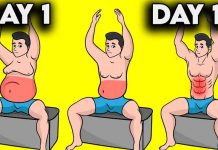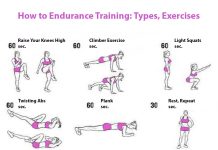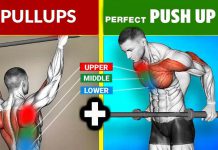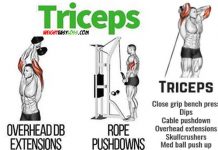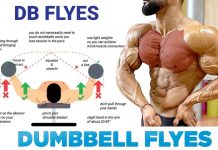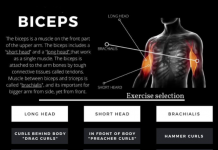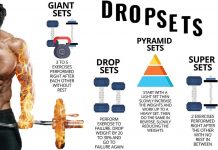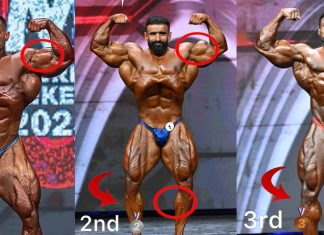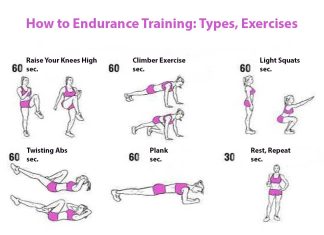🚨 SQUATTING EFFICIENTLY

🔥 Are you squatting efficiently? Have you ever looked at your bar path or had someone record you? The path the bar takes is very important to how efficient your squat will be. By efficient we mean how little extra work do you have to do to perform the movement of the squat. Any deviations from a straight drop of the bar to the ground creates moment arms. A moment arm is the leverage against or working with a pivot point. For your squat the pivot point is the balance point on your foot. As you can see in the bottom image the longer a moment arm is the harder it is to control it.
⠀
The problem is when you squat, and you deviate from the natural bar path you have now created external moments due to the shift in weight. To stay balanced you must work against these moments with your muscles, this takes away from the muscles ability to generate upward force or deceleration going down. This makes your squat much harder than it should be, takes away from reps, time under tension you may be spending, also adding unneeded strain on your back muscles.
⠀
A good way to identify this is one to have someone watch you squat, record yourself, there are apps which will track the path of the bar simple search for bar path will yield many results. Now, you’ve identified the problem how do you fix it? The first thing you need to do is lower your weight, this will allow for more control of the squat and let you imprint a new motor pattern for your squat movement.
Next, you must fix any mobility issues that can possibly limiting your squat and causing you to lean forward excessively things such as ankle, hip, and thoracic mobility. The easiest corrective ways to squat is one squatting in front of a wall about 3-4 inches, this will keep you from leaning too far forward and help maintain a straight drop. The last thing you can do is set up guides for your squat, by using two pieces of string strung about 6-7 inches from each other they can create planes to constrain your bar movement it. This visual feedback will help you correct any imbalances in the squat.












